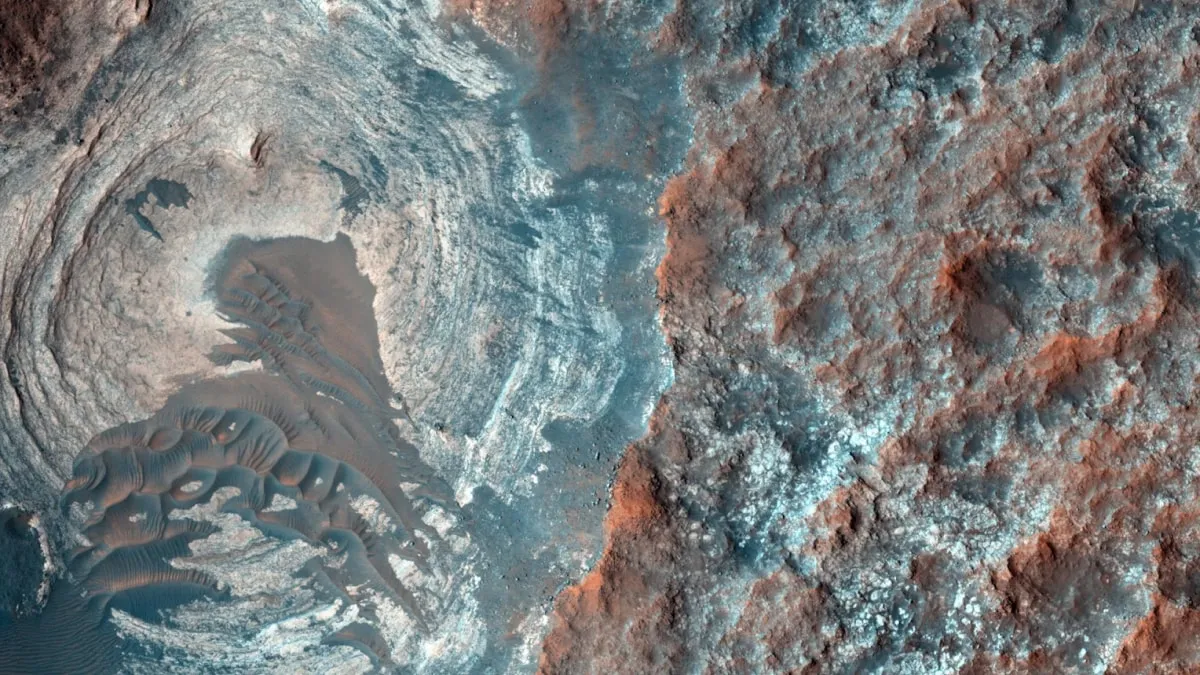Artificial Intelligence in Cosmology: Revolutionising Our Understanding of the Universe

Revolutionising Cosmological Parameters with AI
Artificial intelligence is making waves beyond standard applications, fundamentally reshaping astronomical research. Researchers at the Flatiron Institute have harnessed AI to compute five critical cosmological parameters that define the universe, utilising data amassed from the Sloan Digital Sky Survey (SDSS).
Defining the Universe
The five parameters are essential as they define the universe's operational 'settings'. Astronomer Liam Parker from CCA explains how these parameters act as the universe's operating instructions. By analysing data from over 100,000 galaxies through SDSS, this AI-driven process has significantly enhanced our understanding.
Maximising Data Efficiency
- AI allowed for extracting detailed insights previously hindered by data volume and traditional analysis limitations.
- Co-author Shirley Ho highlights cost savings associated with using AI versus the billions spent on traditional surveys.
Precision Training
By training the AI model on 2,000 simulated universes, the research team addressed real challenges like atmospheric distortion. The results reflected an incredible reduction in uncertainty regarding the universe's 'clumpiness', effectively achieving results equivalent to analysing four times more data.
Impact on Cosmic Mysteries
This innovation isn’t limited to refining current methods; it addresses significant cosmic questions, such as the Hubble tension concerning discrepancies in expansion rate estimates. The accuracy provided by AI holds potential for resolving these ongoing debates in cosmology.
Future Prospects
As new surveys like the European Euclid come online, AI will be crucial in extracting maximal value from upcoming datasets. This leap forward in data analysis signifies a monumental step in our quest to understand the universe’s fundamental parameters.
This article was prepared using information from open sources in accordance with the principles of Ethical Policy. The editorial team is not responsible for absolute accuracy, as it relies on data from the sources referenced.